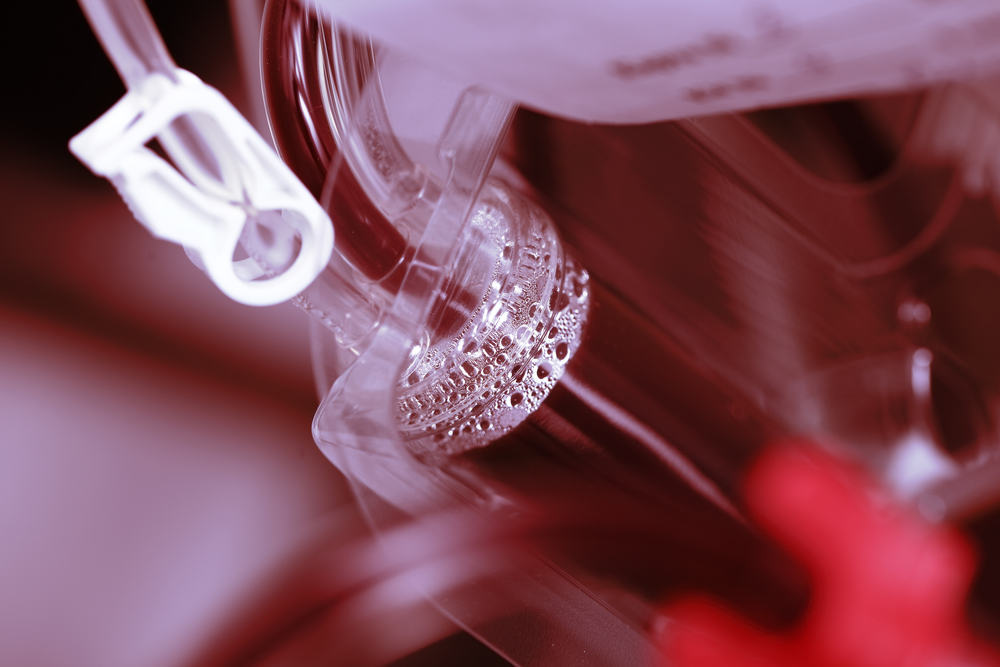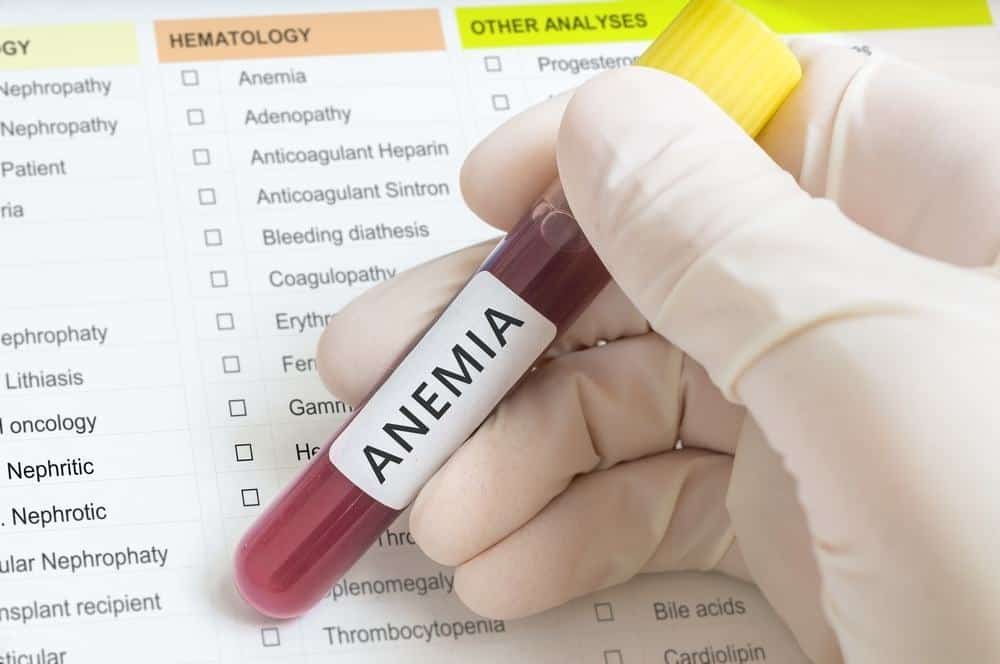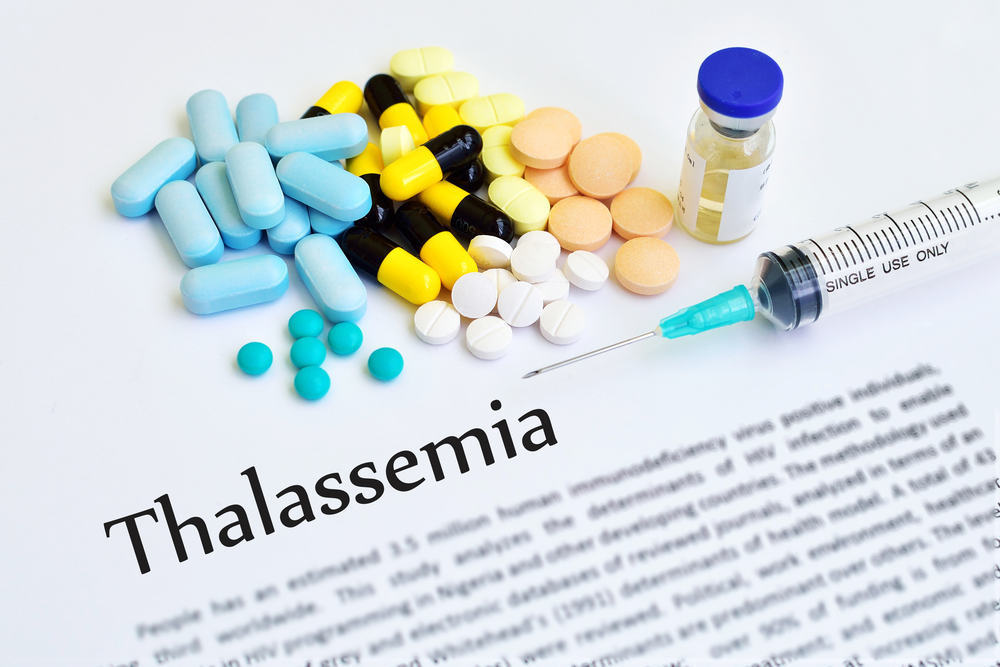Contents:
Medical Video: What Is The Definition Of Carcinoembryonic antigen Medical Dictionary Free Online
Definition
What are carcinoembryonic antigens?
Carcinoembryonic antigen tests measure the amount of protein seen in the blood for some people with certain types of cancer, especially colon cancer (colon and rectal cancer). This can also occur in patients with pancreatic, breast, uterine or lung cancer.
Carcinoembryonic antigens are generally produced during fetal development. Production of carcinoembryonic antigens stops before birth and is usually not present in the blood of healthy adults.
When do I have to undergo carcinoembryonic antigens?
Carcinoembryonic antigen tests are used for:
- find out the spread of cancer for some of these diseases, especially colon cancer
- check the success of treatment for colon cancer
- carcinoembryonic antigen levels can be measured before and after surgery to check the success of the operation and the chances of recovery for the patient
- check if the cancer reappears after finishing treatment
Prevention & warning
What should I know before undergoing carcinoembryonic antigens?
Someone who smokes tends to have high carcinoembryonic antigen levels compared to those who are not smokers. Increased levels of carcinoembryonic antigens can indicate several conditions not related to cancer, such as inflammation, cirrhosis, peptic ulcer, ulcerative colitis, rectal polyps, emphysema, and benign breast cancer. Most cancers do not produce this protein, so your carcinoembryonic antigen can be normal even if you have cancer.
Process
What should I do before undergoing carcinoembryonic antigens?
You don't need to do anything before this test. If you smoke, the doctor will tell you to avoid smoking for a short period of time before the test.
Talk to your doctor if you have concerns regarding the need for this test, the risks, the test process, or the purpose of the test results.
What is the process of carcinoembryonic antigen?
The medical personnel who are in charge of taking your blood will take the following steps:
- wrap elastic bands around your upper arm to stop the blood flow. This makes the blood vessels under the bond enlarge making it easier to inject needles into the vessels
- clean the part to be injected with alcohol
- inject a needle into a vein. More than one needle may be needed.
- attach the tube to the syringe to fill it with blood
- remove the ties from your arms when taking blood is enough
- attach gauze or cotton to the injected part, after the injection is finished
- put pressure on the part and then put on a bandage.
What should I do after undergoing carcinoembryonic antigen?
Elastic ties are wrapped around your upper arm and will feel tight. You may not feel anything when injected, or you may feel like being stung or pinched.
If you have questions relating to the process of this test, consult your doctor for a better understanding.
Explanation of Test Results
What do the test results mean?
Test results are usually available in 1 to 3 days. Normal scores on this list (called references range) only serves as a guide. Range this varies from one laboratory to another, and your laboratory may have a different normal score. Your laboratory report will usually contain how many range they use. Your doctor will also check your test results based on your health condition and other factors. This means if your test results go into range abnormal in this guide, it could be in your laboratory or for your condition the score is included to range normal.
Normal score
Less than 5 nanograms per milliliter (ng / mL) or less than 5 micrograms per liter (mcg / L).
Many conditions can change your carcinoembryonic antigen levels. The doctor will discuss abnormal results on the test results with you regarding your symptoms and medical history.
High score
The high score of this test can mean:
- the presence of cancer of the colon, lung, pancreas, breast, or uterus
- the cancer does not respond to treatment
- cancer returns after treatment. The increase in carcinoembryonic antigen which continues to be the first sign of cancer recurred after completion of treatment. Someone with advanced cancer or cancer that has spread to other parts of the body (metastatic cancer) can have high levels of carinoembryonic antigens if the initial cancer that they suffer produces this protein before treatment
- presence of other conditions or diseases, such as cirrhosis, hepatitis, diverticulitis, intestinal inflammatory disease, peptic ulcer disease, chronic obstructive pulmonary disease (COPD) / chronic obstructive pulmonary disease, gallbladder inflammation (cholecystitis), or obstructed bile ducts
Depending on the laboratory of your choice, the normal range of carcinoembryonic antigen tests can vary. Discuss the questions you have about the results of your health test with your doctor.
Hello Health Group does not provide medical advice, diagnosis or treatment.











